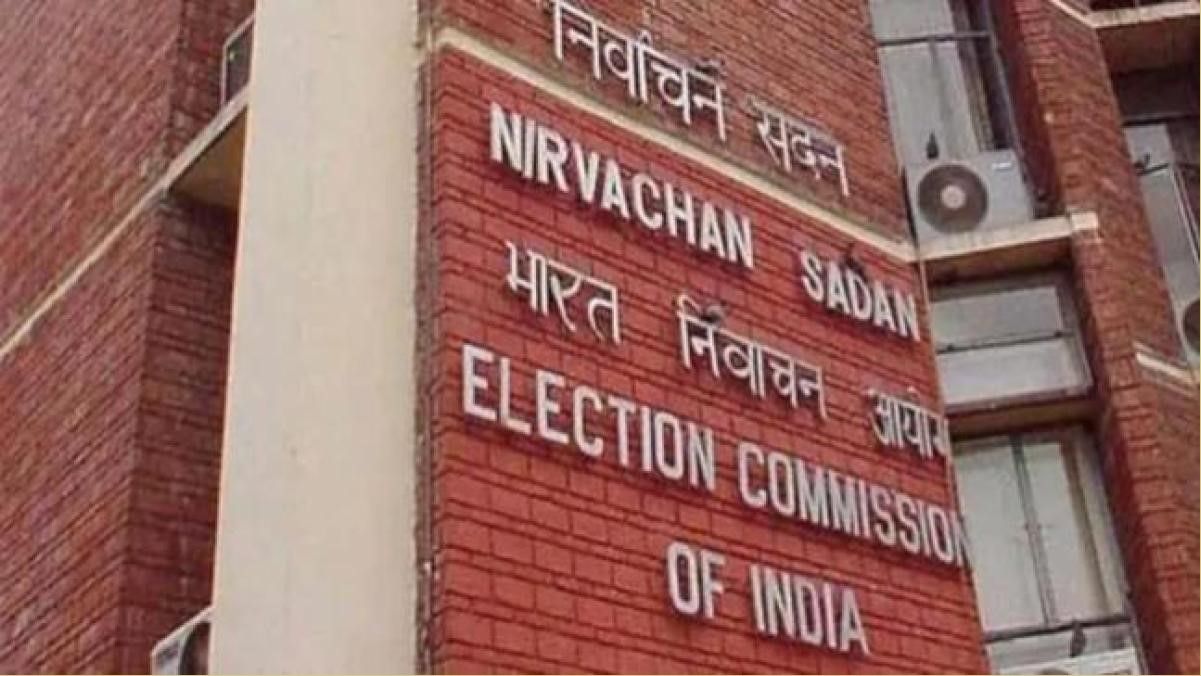Indian election officials have sparked concerns over mass disenfranchisement after requiring voters in Bihar to prove their citizenship within weeks by submitting documents that many lack. The Election Commission of India (ECI) announced the voter roll revision in June, citing the need to remove “foreign illegal immigrants” from electoral lists. Critics argue the move disproportionately targets marginalized communities, including Muslims and Dalits, with opposition leaders warning it could strip millions of their voting rights. “You are being asked to produce documents that very few people have,” said prominent Muslim lawmaker Asaduddin Owaisi, calling it a recipe for widespread exclusion.
The new rules mandate that all potential voters in Bihar must provide proof of citizenship by July 25. While those registered in 2003—the last time Bihar’s voter list was scrutinized—can submit old records, an estimated 30 million others must furnish birth certificates or citizenship proof. Those born after 1987 face an additional hurdle: proving their parents’ Indian citizenship. With Bihar being one of India’s poorest and least literate states, activists fear these requirements will leave a significant portion of the population ineligible to vote, particularly the poor and minorities.
The controversy has escalated into a legal battle, with Bihar’s opposition Rashtriya Janata Dal and other activists petitioning the Supreme Court against the ECI’s move. Their petition alleges that the revision is designed to systematically exclude Muslims, Dalits, and internal migrants from the electoral process. Unlike many countries, India lacks a uniform national ID system, and the widely used Aadhaar card is not accepted as valid proof. Instead, voters must rely on scarce documents like birth certificates or school records—only 35% of Bihar’s population holds a matriculation certificate, further complicating the process.
Analysts warn that the policy could have far-reaching political consequences, especially in Bihar, a key electoral battleground where Prime Minister Narendra Modi’s BJP has never ruled without a coalition. Civil society groups, such as the Association for Democratic Reforms, argue that the stringent requirements will hit the poorest and least educated the hardest. “The poor, poorly educated, uneducated, and minorities will be the most impacted,” said Jagdeep Chhokar, underscoring fears that the revision could undermine democratic participation in one of India’s most crucial states.














